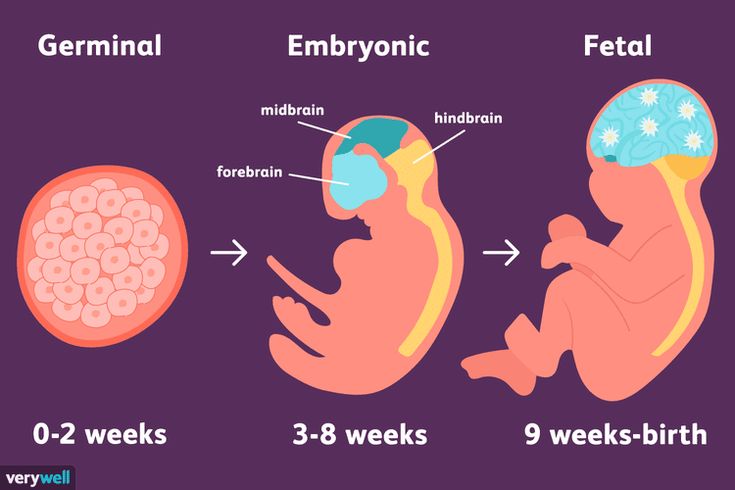How to become a child speech and language therapist
Speech-Language Pathology - How to Become a Speech Pathologist
A speech-language pathologist (SLP) is a trained professional who works to prevent, assess, diagnose, and treat speech, language, social communication, cognitive-communication, and swallowing disorders in children and adults. SLPs work in many different research, education, and health care settings with varying roles, levels of responsibility, and client populations.
Entering the field requires academic and clinical coursework and the successful completion of a master’s degree at an institution accredited by the American Speech-Hearing Association (ASHA). Here’s what the path to a career as a speech-language pathologist can look like.
1. Know Yourself
Before you even ask how to become a speech-language pathologist, the first question is whether you have the right interests and skills to enter this field. SLPs must be able to perform a set of Essential Functions, which include strong communication abilities as well as motor skills, intellectual and cognitive skills, professional behavior and social abilities, and sensory and observational skills. You must also have the desire to be an advocate for persons with communication disorders.
2. Start with a Bachelor’s Degree
Ideally, you’d begin the journey with a bachelor’s degree in communication sciences and disorders or a related field. But if you already have a bachelor’s degree in something else, that’s okay. You don’t have to have a specific degree in order to move on to your master’s degree in this field; it’s really all about having the key prerequisite courses.
Start by researching the master’s programs you’re interested in and comparing their prerequisites to courses you may have already taken. You may need to go back and take classes, but you won’t need to go back for a whole new degree. Many universities offer a sequence of prerequisite courses that can be taken over a one to two year period. You’ll also need to observe 25 clinical hours with a certified SLP.
3. Earn Your Master’s Degree
The next step in how to become a speech-language pathologist is to earn a master’s degree in SLP.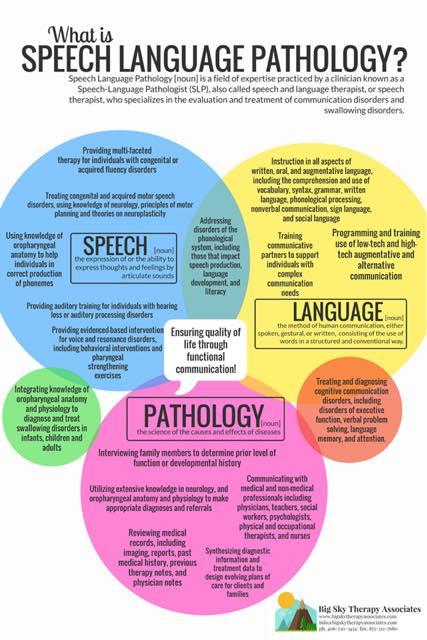 Here, you’ll gain in-depth knowledge of the principles and methods of prevention, assessment, and intervention for people with communication and swallowing disorders—in other words, the fundamental skills that you’ll need to be a clinician. You’ll complete academic and clinical coursework and also acquire 375 clinical hours working directly with clients.
Here, you’ll gain in-depth knowledge of the principles and methods of prevention, assessment, and intervention for people with communication and swallowing disorders—in other words, the fundamental skills that you’ll need to be a clinician. You’ll complete academic and clinical coursework and also acquire 375 clinical hours working directly with clients.
Make sure to look for a program accredited by the Council on Academic Accreditation in Audiology and Speech-Language Pathology (CAA). There are currently 265 CAA-accredited programs in the United States, including Loyola’s graduate program in speech-language pathology, where our mission is for you to become an effective and compassionate advocate for persons with communication disorders. Check out our F.A.Q. to learn more about what we offer.
5. Complete a Clinical Fellowship
Once you graduate with your master’s degree, you’ll start your first job, called a clinical fellowship. This one-year position is the transition period between being a student and becoming an independent clinician. During the fellowship, you’ll be mentored by a certified SLP in order to develop and refine your knowledge and skills.
During the fellowship, you’ll be mentored by a certified SLP in order to develop and refine your knowledge and skills.
6. Rock the Praxis Exam
To become certified in speech-language pathology, you must pass the Praxis exam. This is a requirement for obtaining the ASHA Certificate of Clinical Competence in Speech-Language Pathology (CCC-SLP).
When choosing a master’s program, you may want to look at how many of their students successfully pass the Praxis exam each year. At Loyola, our graduating classes of 2014, 2015, and 2016 have all had a 100% pass rate – check out our student outcome data.
7. Obtain a Certificate of Clinical Competence
After successfully completing a master’s degree, passing the Praxis exam, and completing your clinical fellowship, you’ll apply for the Certificate of Clinical Competence in Speech-Language Pathology (CCC-SLP). This certification is required to work in the field. If you plan to work in a school, you’ll need to apply for state licensure as well.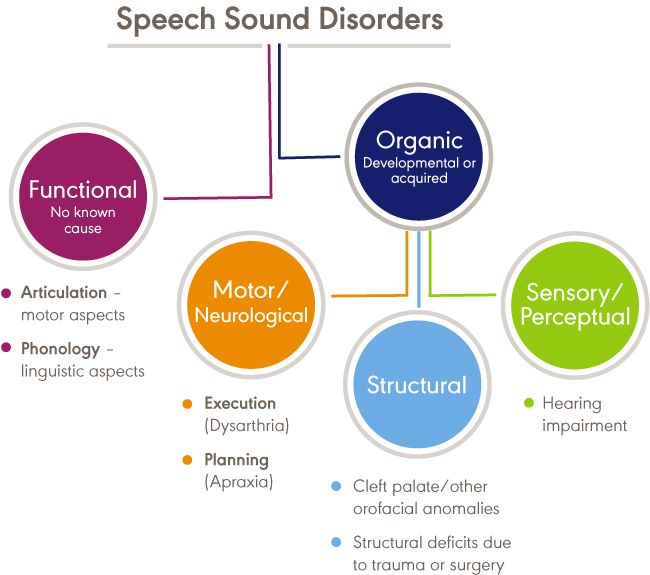
8. And You’re Done! Well, Almost.
After all the classroom education, clinical training, tests, tests, and more tests, you finally have your certification and are ready to score one of those speech-language pathology jobs! But once you’re working, you have to keep your license and certification up-to-date, and that means taking a number of continuing education units (CEUs) throughout your career.
How many? That’ll depend on the state where you work. But don’t worry—CEU’s can be fun, and are always a good way to stay current with industry trends.
Alumni
Fergie recognizes a need for bilingual speech therapy and is eager to serve a Spanish-speaking population
Speech-Language PathologyChild Speech Therapist Salary and Jobs Outlook
A career in speech language pathology (SLP) is an exciting option for those who enjoy working with people and solving problems.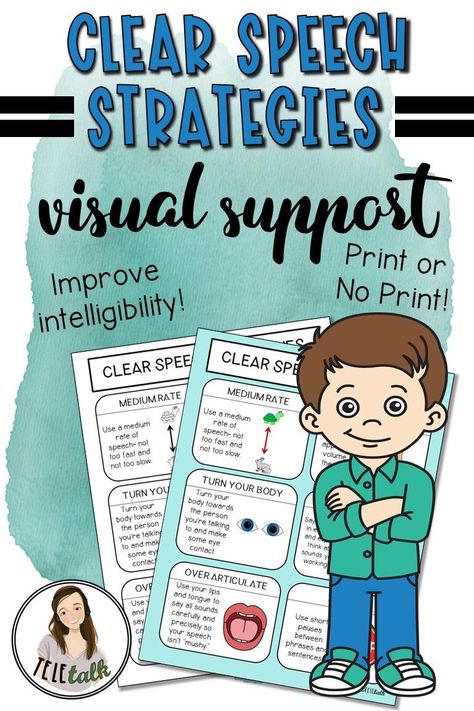 Speech language pathologists work with patients in a variety of settings to help them overcome communication disorders. A child speech therapist evaluates, diagnoses and works with young patients to conquer speech or language challenges, primarily in schools, hospitals or clinics.
Speech language pathologists work with patients in a variety of settings to help them overcome communication disorders. A child speech therapist evaluates, diagnoses and works with young patients to conquer speech or language challenges, primarily in schools, hospitals or clinics.
Keep reading for an overview of a career in child language disorders, as well as a career and salary outlook.
The career of a child speech pathologist consists of working with children to help them overcome speech and language disorders. So, what’s the difference between a speech disorder and a language disorder?
When working with a new patient, the first task for a child speech therapist is to determine which kind of disorder the child is dealing with. Then, the therapist can run diagnostic tests to pinpoint the patient’s challenge and create a treatment plan.
Speech language pathologists also work with patients to overcome swallowing disorders. Speaking and swallowing both require many of the same structures and movements in the mouth and throat, so a child speech therapist pathologist may also work with patients who have difficulty swallowing.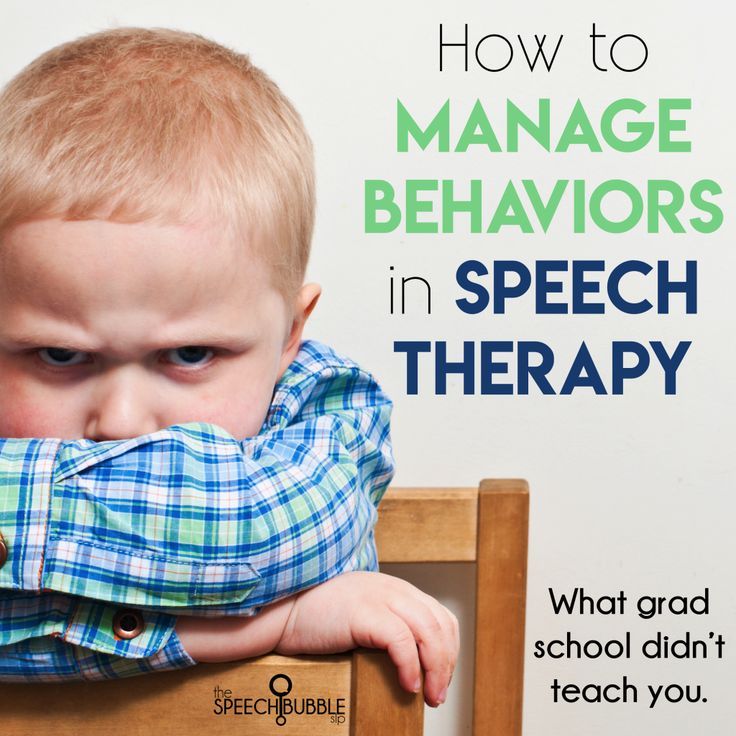
To become a child speech language pathologist, you must earn at least a master’s degree in the field. Clinical practicum hours, a professional examination and Clinical Fellowship hours are also required to enter the profession. Common steps to become a child speech therapist include five milestones:
Earn a Bachelor’s Degree
A child speech therapist career begins with an undergraduate degree in a field related to health care, science, or education. This could include a bachelor’s in speech pathology. Some other examples of suitable bachelor’s degree programs include:
Earn (at Least) a Master’s Degree
To work in the speech-language pathology field and gain certification as a professional speech language pathologist, you will need a master’s degree. Either a Master of Arts (MA) or Science (MS) in Speech Pathology is acceptable, as long as the program is accredited by the Council on Academic Accreditation in Audiology and Speech-Language Pathology (CAA).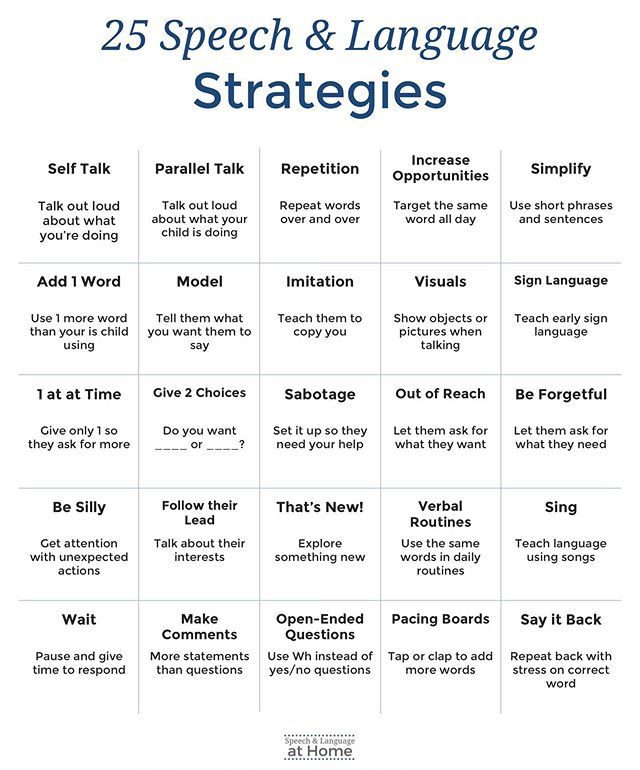 Accredited SLP programs feature coursework and clinical experience necessary to pass the Praxis exam and gain knowledge of the field.
Accredited SLP programs feature coursework and clinical experience necessary to pass the Praxis exam and gain knowledge of the field.
A doctoral degree is not required to become a speech language pathologist, but it may offer more career opportunities and a higher salary. Earning an advanced degree would qualify you to work in positions such as university researcher or clinic director. There are three primary doctoral paths to choose from:
- A research doctoral program, like a PhD in Communications Sciences and Disorders, focuses on research expertise. This track prepares candidates for a career as a university professor or researcher.
- A clinical doctoral program in speech-language pathology, such as Doctor of Communication Sciences and Disorders (CScD), qualifies candidates to work as a master clinician, supervisor or administrator. Those with a CScD or a similar degree often focus on one area of expertise.
- A clinical doctoral program in audiology (AuD) prepares candidates for a career as a clinical audiologist, working with patients with hearing impairments and coaching them to improve their speech patterns and communication skills.

Pass the Praxis Exam
Passing the Praxis Examination in Speech Language Pathology is the next step in starting a career in child speech therapy. On a scale of 100–200, the minimum passing score for American Speech-Language-Hearing Association (ASHA) certification is currently 162. Many but not all states have the same test score requirement to achieve state licensure. However, each state determines its own requirements and minimum passing score for state licensure. Visit the ETS PRAXIS American Speech-Language-Hearing Association (ASHA) Certification page for state-specific certification information.
Apply for Certification
Once you have completed your graduate studies, including clinical practicum hours, and passed the PRAXIS exam, you may apply for your Certificate of Clinical Competence in Speech-Language Pathology (CCC-SLP). This credential will identify you as a qualified, professional speech language pathologist. Certification must be renewed annually and typically takes six weeks for application processing to be completed.
Complete Clinical Fellowship Hours
While preparing for a career as a child speech therapist, candidates are expected to complete, as a part of the ASHA Clinical Fellowship, at least 1,260 clinical hours. The ASHA Clinical Fellowship must be completed within four years of starting. All clinical hours must be completed under the direct supervision of a certified speech language pathologist. During this time, you will put your training into practice by:
To be an effective child speech therapist, focus on strengthening your skills in the following three areas of knowledge and skills needed by speech language pathologists:
Communication Skills
Strong verbal, non-verbal and written communication skills may be essential for a career as a child speech therapist. An often-overlooked aspect of good communication skills is the ability to actively listen. Being an active listener means giving your full attention to what someone says and asking questions to fully understand what they’re saying, while not interrupting. Persuasion and negotiation skills are also helpful when attempting to obtain buy-in for your treatment plan with patients, families and other members of the patient’s care team.
Persuasion and negotiation skills are also helpful when attempting to obtain buy-in for your treatment plan with patients, families and other members of the patient’s care team.
Analytical Skills
Part of the speech language pathology process includes leveraging critical thinking skills and good judgment to identify a patient’s specific challenges and determine the best path forward for patient treatment. You may analyze a patient’s current living and educational settings to find opportunities to improve their personal environments.
Problem-Solving Skills
As a speech therapist, you will assess and monitor patients, evaluate their needs and determine what interventions and training methods to implement to resolve the patient’s difficulties. You will repeat the process for countless patients, each presenting with their own unique strengths, weaknesses and complex problems.
Pursuing a career in child speech therapy may lead to a promising speech pathology career path.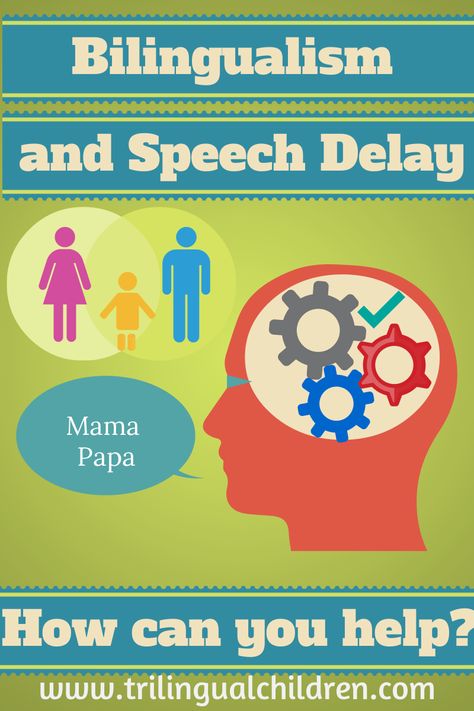 Projected demand for speech language pathologists is expected to grow by 25% through 2029, which is much faster than the average for all occupations.
Projected demand for speech language pathologists is expected to grow by 25% through 2029, which is much faster than the average for all occupations.
In 2019, the median annual salary for speech language pathologists was $79,120. Many factors can affect the salary you can expect to make as a child speech therapist, including the city and state you work in, additional training and experience you acquire in the field and what kind of facility you work in. With the projected job growth, many speech language pathologists may find work at schools or healthcare facilities.
Where are the best opportunities for child speech therapists jobs? Demand for these clinical experts is strong across the country, but the metropolitan areas with the highest demand for speech language pathologists and their respective salaries include:
People who enjoy helping others, working with children and understanding the psychological and physiological challenges they face may find a career in child speech therapy to be extremely rewarding.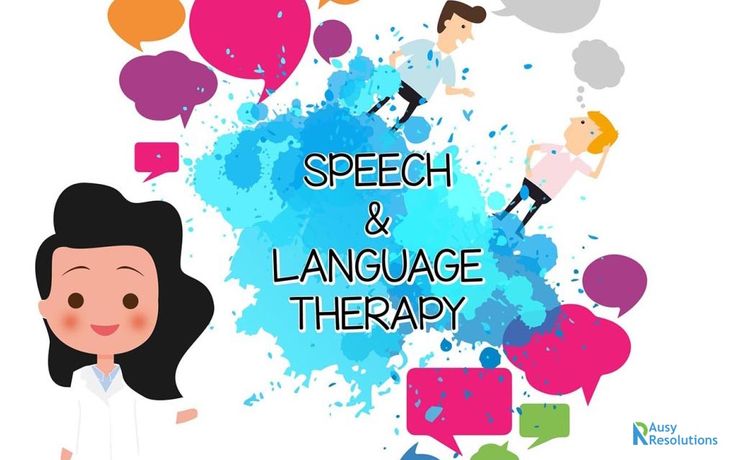 Candidates must understand that the full SLP certification process requires a commitment of more than six years of education and hands-on training. Those interested in a career in SLP or similar may also consider becoming a speech pathology assistant, bilingual speech pathologist or occupational therapist.
Candidates must understand that the full SLP certification process requires a commitment of more than six years of education and hands-on training. Those interested in a career in SLP or similar may also consider becoming a speech pathology assistant, bilingual speech pathologist or occupational therapist.
Information last updated October 2020
where to study, salary, pros and cons
Author: Rufina Belkina
Updated
Speech therapist (from the Greek logos - speech and payeia - education) is a specialist in correcting diction defects in adults and children. By the way, the ProfGid career guidance center has recently developed an accurate career guidance test that will tell you which professions suit you, give an opinion about your personality type and intelligence. The profession is suitable for those who are interested in psychology (see. choosing a profession based on interest in school subjects). 9Ol000 with vacancies of a speech therapist
9Ol000 with vacancies of a speech therapist
See also:
Features of the profession
With the help of specially selected exercises, massage and other techniques, a speech therapist teaches people to speak correctly, ie. pronounce words without burr, without lisping, without stuttering, etc. A speech therapist helps to give the correct position of the tongue and lips when pronouncing sounds. To consolidate the skill, he asks the ward to read texts and tongue twisters. A good speech pathologist can work with most speech disorders, but the best results can be obtained by specializing in one. For example, in the treatment of stuttering or in the elimination of reading and writing problems (dyslexia and dysgraphia). Treatment takes at least five months. Sometimes, with difficult patients, the process drags on for a year or more.
Speech therapists can deal with more than just children. A person transfers problems with diction unresolved in childhood into adulthood.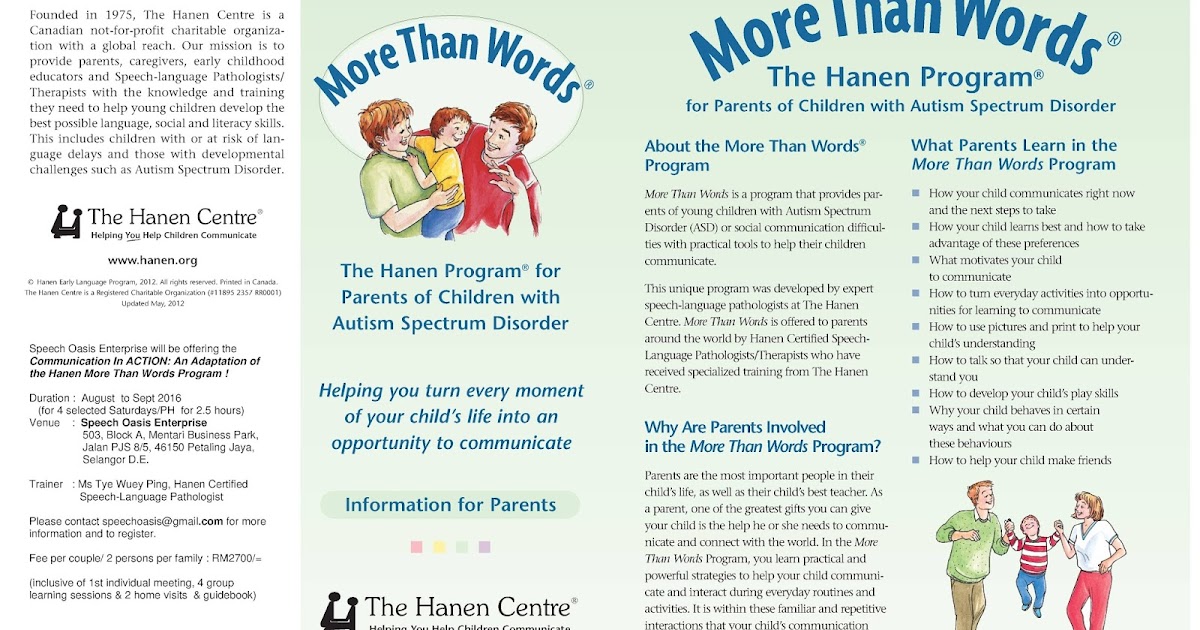 And he, too, can turn to a speech therapist. Sometimes speech problems result from a stroke or head injury. In this case, the help of a speech therapist who owns special techniques is required.
And he, too, can turn to a speech therapist. Sometimes speech problems result from a stroke or head injury. In this case, the help of a speech therapist who owns special techniques is required.
Workplace
Speech therapists work in kindergartens, clinics, hospitals, centers for psychological and pedagogical rehabilitation and correction for children with hearing and speech impairments. An option for professionals is to open your own private speech therapy room.
Read also:
Salary
Speech therapist salary for December 2022
Salary information provided by the hh.ru portal.
Russia 19200—100000₽
Moscow 20000—100000₽
Important qualities
The work of a speech therapist requires great patience and kindness. People with pronunciation defects are often embarrassed by their shortcomings and in dealing with them you need to be as correct as possible, be able to encourage and support them.
Knowledge and skills
For work, it is necessary to understand the mechanisms of voice formation, the pathophysiology of speech.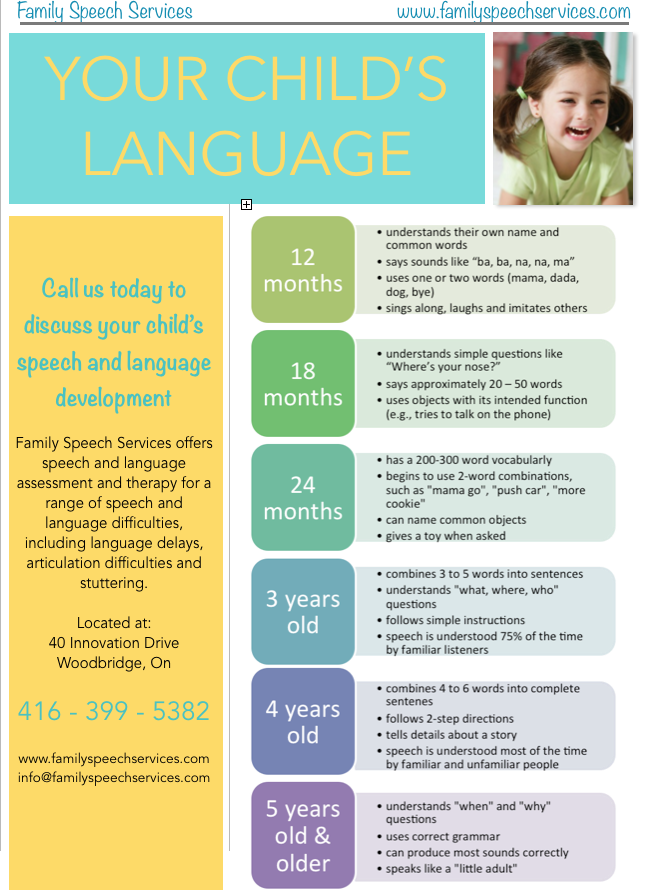 Be able to apply special exercises, speech therapy massage, etc.
Be able to apply special exercises, speech therapy massage, etc.
Speech therapist training
Courses
Universities
-
5 years
95,000 ₽/year
no budget places
-
4 years
80 000 ₽/year
11 budget places
-
4 years
55,000 ₽/year
no budget places
-
4 years
60,000 ₽/year
no budget places
Read also: In the first person: Speech therapist. If you are not ready to peer into your students, nothing will work out
Read also:
Examples of companies with a logoped vacancies
How to become a speech therapist - kindergarten and child
Children steel later and worse. This trend is noted by pediatricians, educators and parents themselves. In this regard, the profession of a speech therapist seems to be very promising, and many after school are wondering how to become a speech therapist. At the same time, many are driven by the desire to help children, making money - in second or subsequent places.
This trend is noted by pediatricians, educators and parents themselves. In this regard, the profession of a speech therapist seems to be very promising, and many after school are wondering how to become a speech therapist. At the same time, many are driven by the desire to help children, making money - in second or subsequent places.
Training of speech therapists in universities
Speech therapists are trained at the Faculty of Defectology. For admission, you will need to submit:
- essay;
- Russian and literature orally;
- biology (anatomy and general biology).
In addition to the exams, you will have to pass an interview, where you will not only be asked about the reasons that prompted you to choose the profession of a speech therapist, but will also pay attention to your speech.
In Moscow and St. Petersburg, speech therapists are trained by several higher educational institutions.
In Moscow:
- Moscow State Pedagogical University (formerly named after Lenin),
- MGGU (former MGOPU) named after.
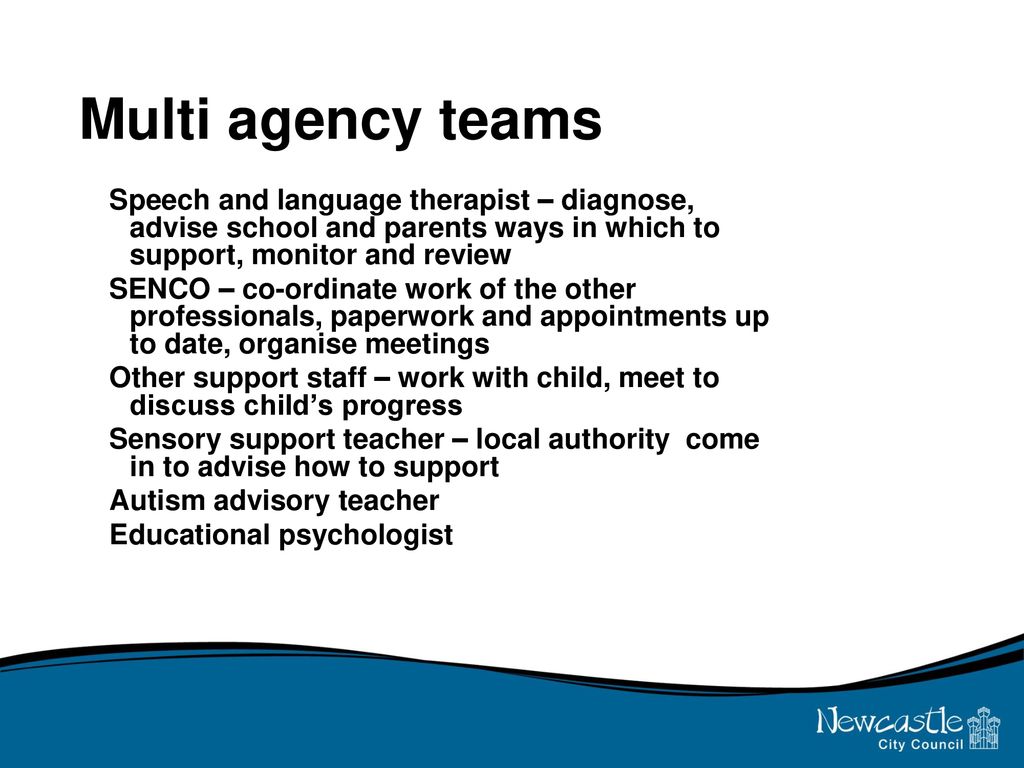 Sholokhov.
Sholokhov.
St. Petersburg:
- RSPU im. Herzen,
- ISPiP them. Raoul Wallenberg,
- Leningrad State University. A.S. Pushkin.
At the same time, there are different forms of education: full-time, evening, part-time. However, successful speech therapists, who have extensive experience in preschool institutions and have their own practice, say that the correspondence form does little and will not make a big specialist out of you.
The Institute organizes internships for students: in a kindergarten, school or clinic; visiting classes in speech pathology centers, hospitals for children.
How to become a speech therapist in courses
Now there is a large selection of courses in which you will be taught the basics of speech therapy. The duration of the courses is different - from several months to a year. However, if you do not have a diploma from a higher educational institution, then you will not be able to work in a kindergarten as a speech therapist or anywhere else.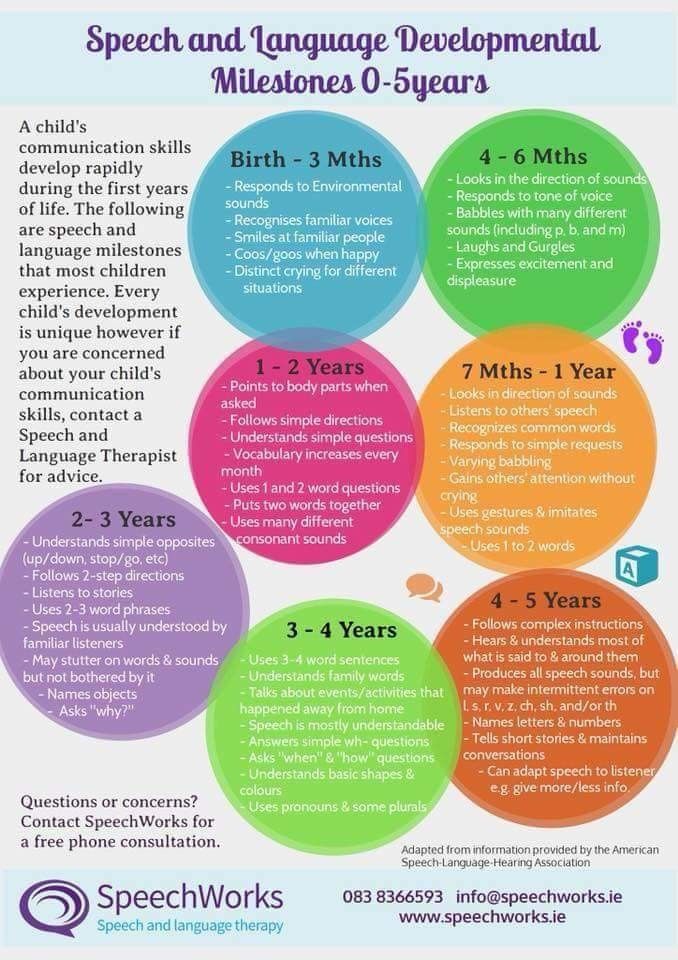 And courses won't help here.
And courses won't help here.
If you have a higher education, you can take one-year courses to become speech therapists or defectologists: in St. Sholokhov. In addition, in the capital, you can study at the Faculty of Retraining Specialists, opened at the Moscow State Pedagogical University. The training lasts only a year and was developed with the support of the Ministry of Education of the Russian Federation. You can choose to become a teacher of the deaf, a speech therapist or a teacher working with mentally retarded children.
The contingent of those who receive a second degree in the specialty of a teacher-speech therapist is completely different: there are both twenty-year-old young ladies and fifty-year-old ladies who, having worked all their lives in a bank or other structure, realized that this was not their calling, and decided to become speech therapists.
So, it's never too late to start. The main thing - there would be a desire! Going to work as a speech therapist is worth at least “to see the face of the child whose sound you put on, and who understood what he did! You will never forget those smiles! (writes Evgenia Zaichenko, a speech therapist with 10 years of experience).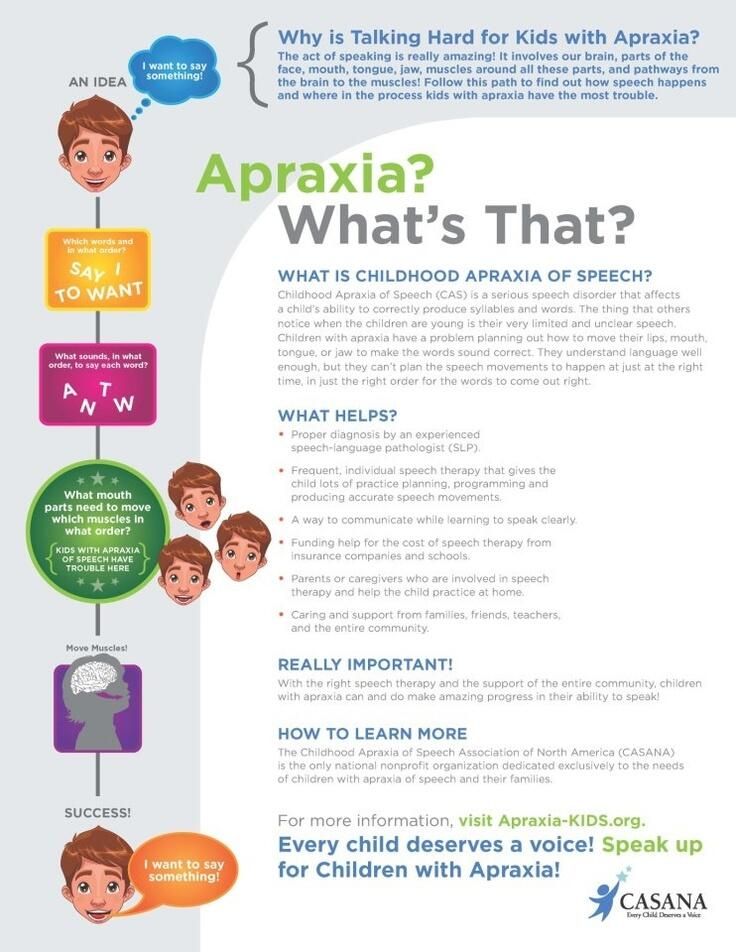
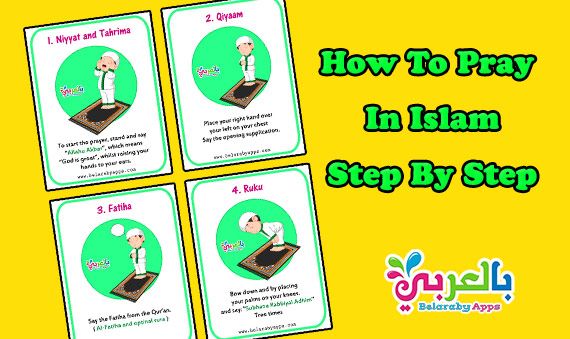
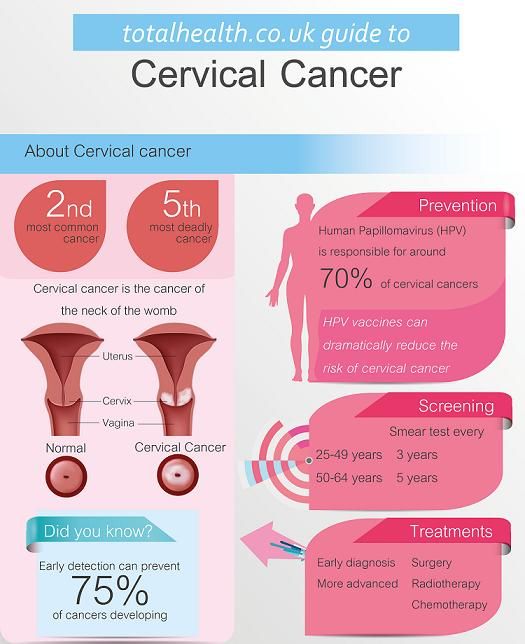


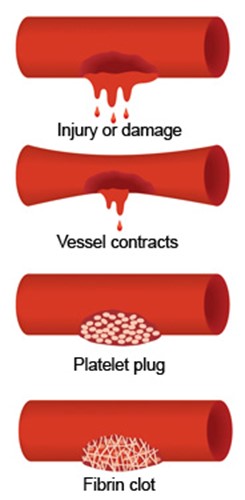
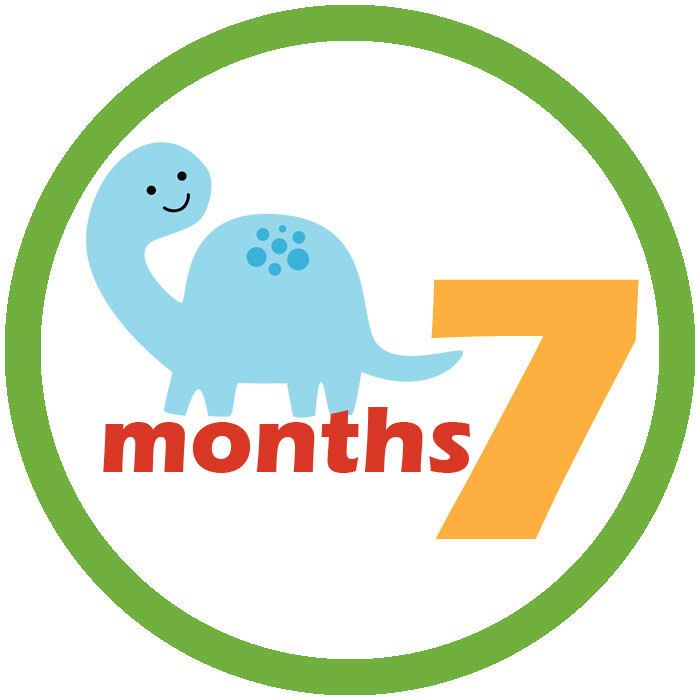
:no_upscale()/cdn.vox-cdn.com/uploads/chorus_asset/file/3419302/Screen_Shot_2015-02-17_at_2.45.02_PM.0.png)
